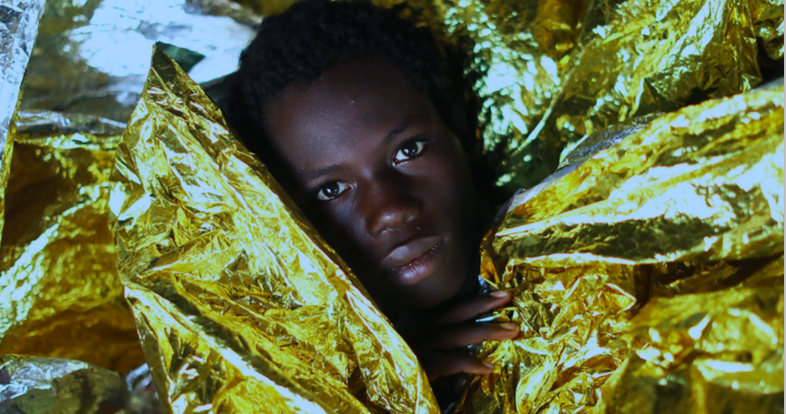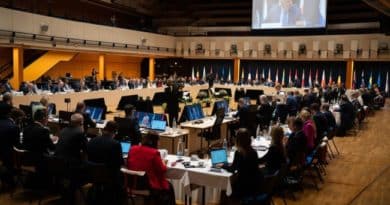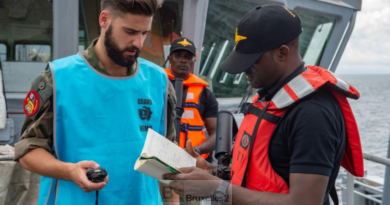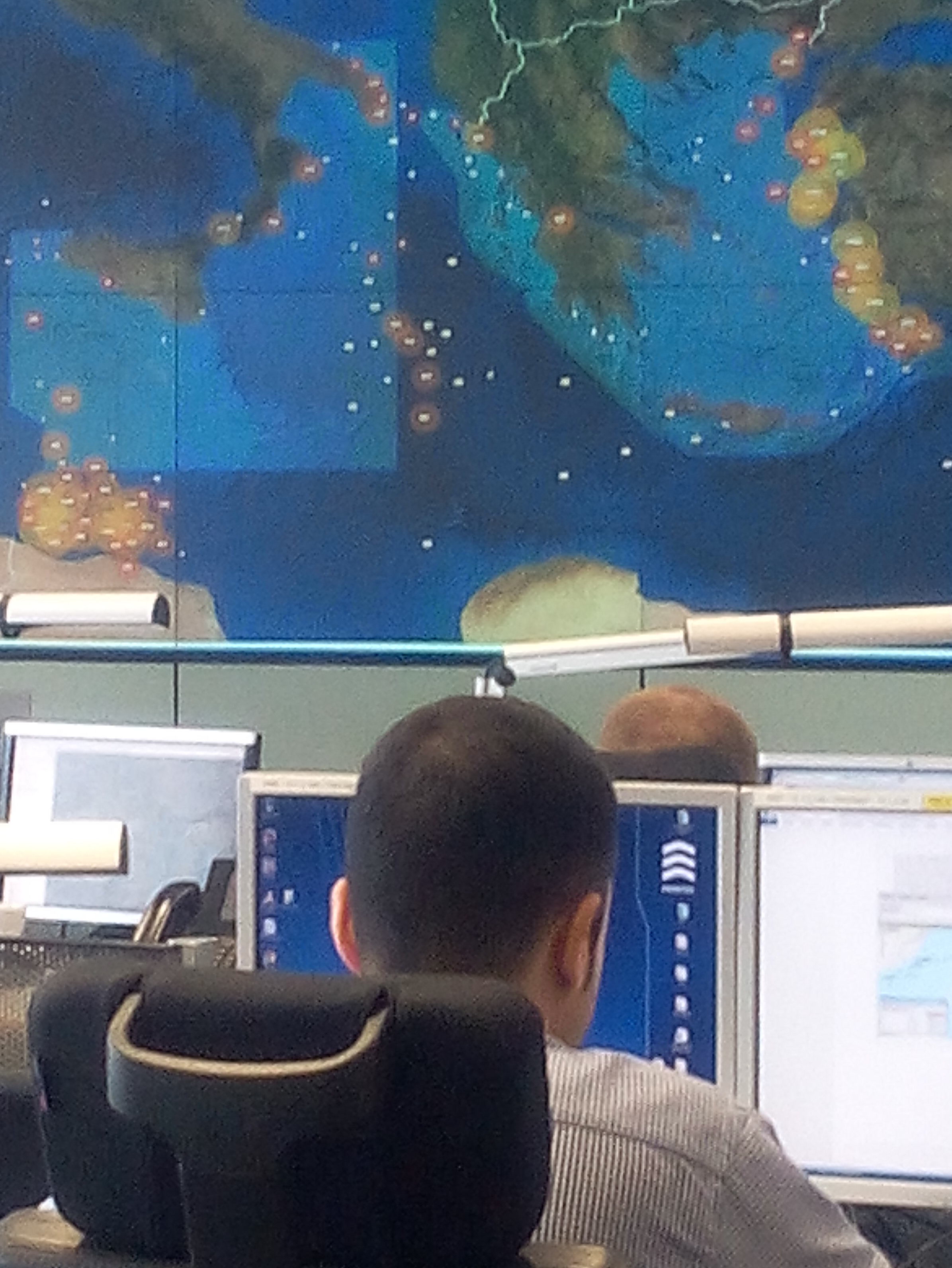Migrants in the Mediterranean: the call to order from the Commissioner for Human Rights
(B2) The Council of Europe's Commissioner for Human Rights criticizes European states for their treatment of migrants in the Mediterranean Sea. She pinpoints their approach rather safe than humanitarian

In his recommendations made public a few days ago (June 18), Dunja Mijatović urges European countries to suspend their activities and cooperation with Libya as long as guarantees are not provided on respect for human rights. For the Council of Europe's Commissioner for Human Rights, " the approach of European states " concentrates " too much about how to prevent refugees and migrants from reaching European shores ". This " to the detriment of human rights and the humanitarian dimension ».
Relevant laws, policies and practices
More specifically, this expert, a native of Sarajevo (Bosnia-Herzegovina), denounces the " laws", "policies" et " practice ", adopted by several Member States and "which violate their legal obligations to carry out effective search and rescue operations, to ensure the rapid and safe disembarkation of rescued persons and their care, and to ensure the prevention of torture and inhuman or degrading treatment ».
The case of human rights in third countries
« The European Union and European countries continue to delegate border control to third countries where the human rights situation is clearly of concern » she underlines. As in Libya (see box).
Criminalization of NGOs
She also denounces the fact that NGOs are " constantly victims of legal or administrative proceedings "while they" fill the void left by the disengagement of States in terms of humanitarian aid ».
Reminder to the law
She recalls that " although they have the right to control their borders and ensure the security of their territory, States also have the obligation to ensure respect for the rights enshrined in maritime law and human rights legislation and refugees ».
Find the right balance
The Commissioner sets out 35 recommendations to “ to help all Council of Europe member states strike the right balance between these imperatives ". These recommendations are classified into five chapters: the coordination of search and rescue operations (e.g. Ensuring adequate and sufficient rescue capacity in the Mediterranean), the disembarkation of rescued persons (e.g. Reinforcing the coordination of disembarkations to avoid delays) , cooperation with NGOs (e.g. allowing them access to ports), the issue of human rights with third countries (e.g. suspending any cooperation endangering human rights), and the ways safe and legal access to Europe (eg expanding the possibilities of humanitarian visas, or facilitating family reunification).
(Emmanuelle Stoesser)
The case of Libya
The case of Libya is the subject of a specific chapter. The Commissioner refers to the risks of " detention, torture, sexual violence, extortion and other serious human rights violations suffered by migrants embarked by the Libyan Coast Guard and returned to Libya. Risks " further increased with the resurgence of violent conflict ". This, " in flagrant violation of the obligation to disembark only in the places of safety of the rescued persons ».
She criticizes the inertia of the Member States despite previous warnings from the Commissioner or other bodies and asks them to " (review) urgently all their cooperation activities and practices with the Libyan Coast Guard and other relevant entities ". Whether these activities are suspended until the establishment of clear guarantees of respect for human rights ". She also asks that either deferred " all " further assistance, in particular the delivery of vessels and other equipment to the Libyan Coast Guard “, as long as these guarantees are not provided.
Download: Report "Lives saved, rights protected. Bridging the protection gap for refugees and migrants in the Mediterranean" (ENG)



